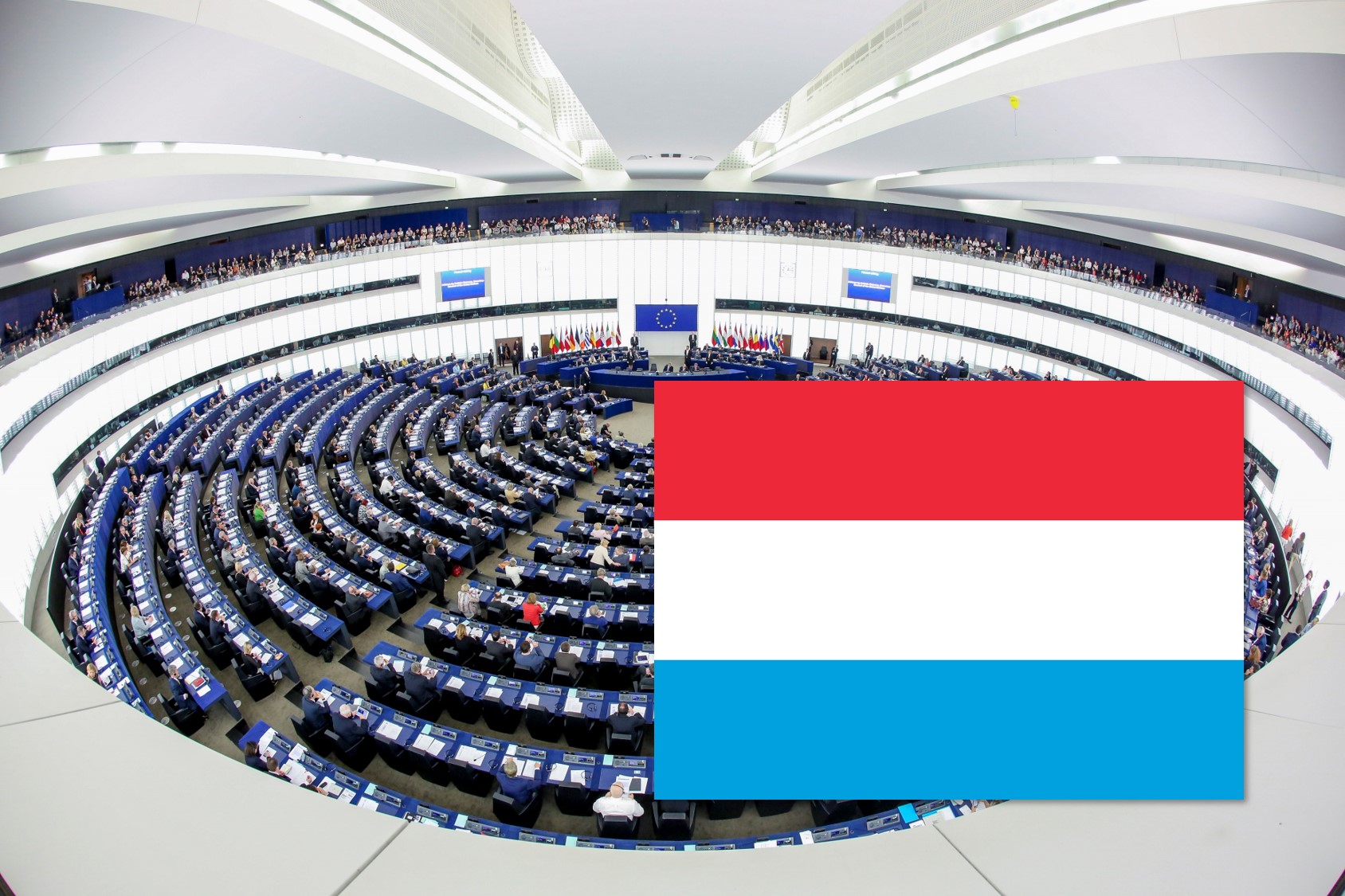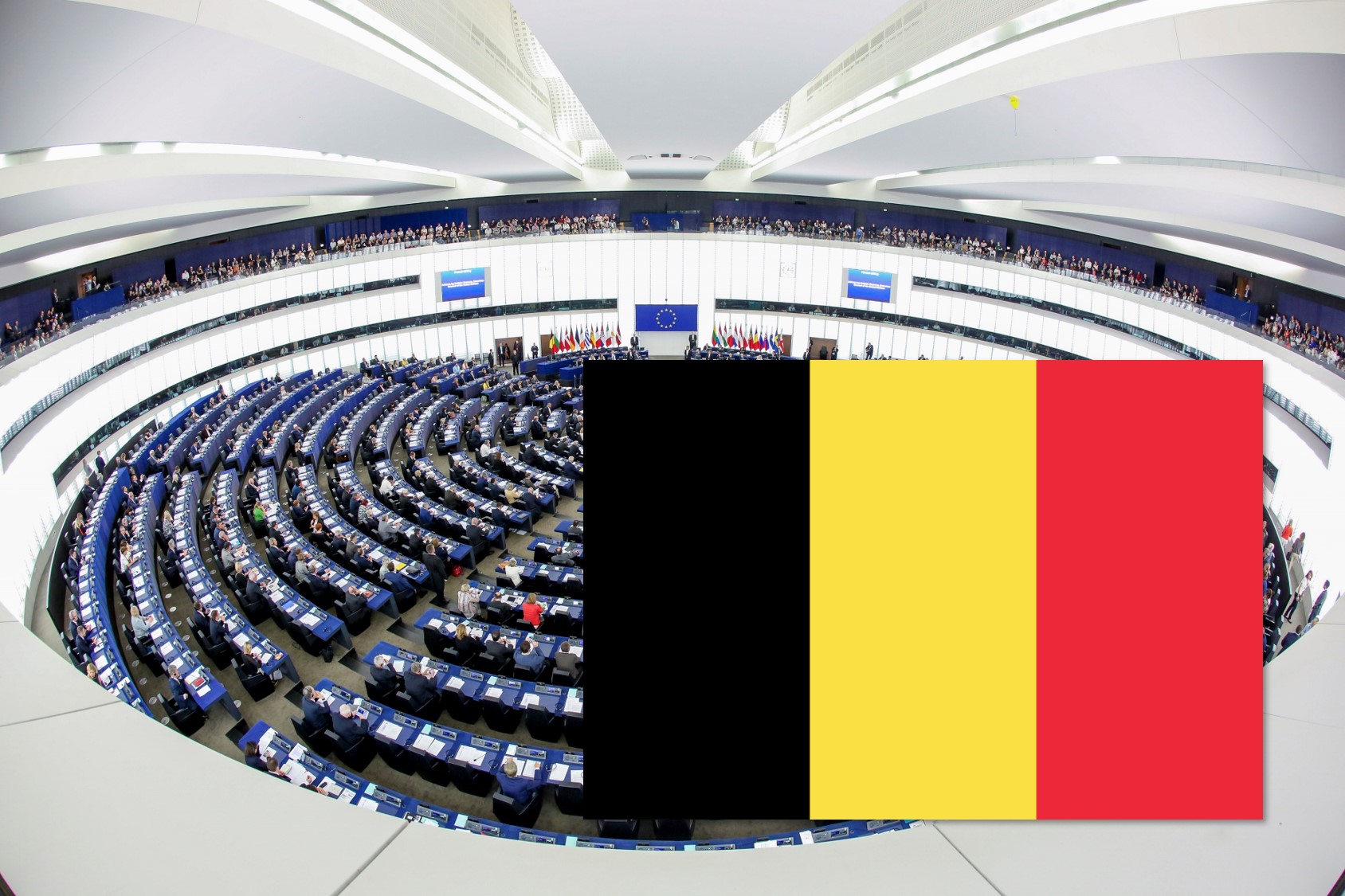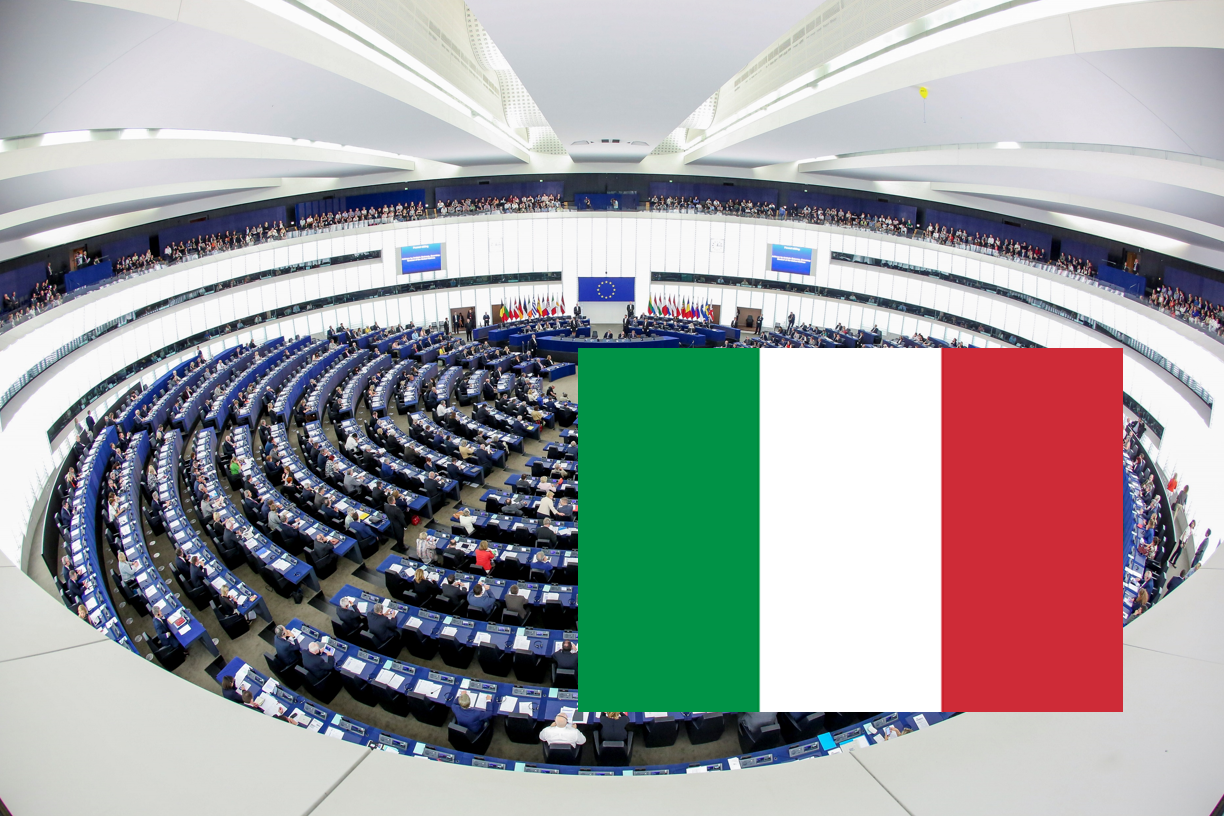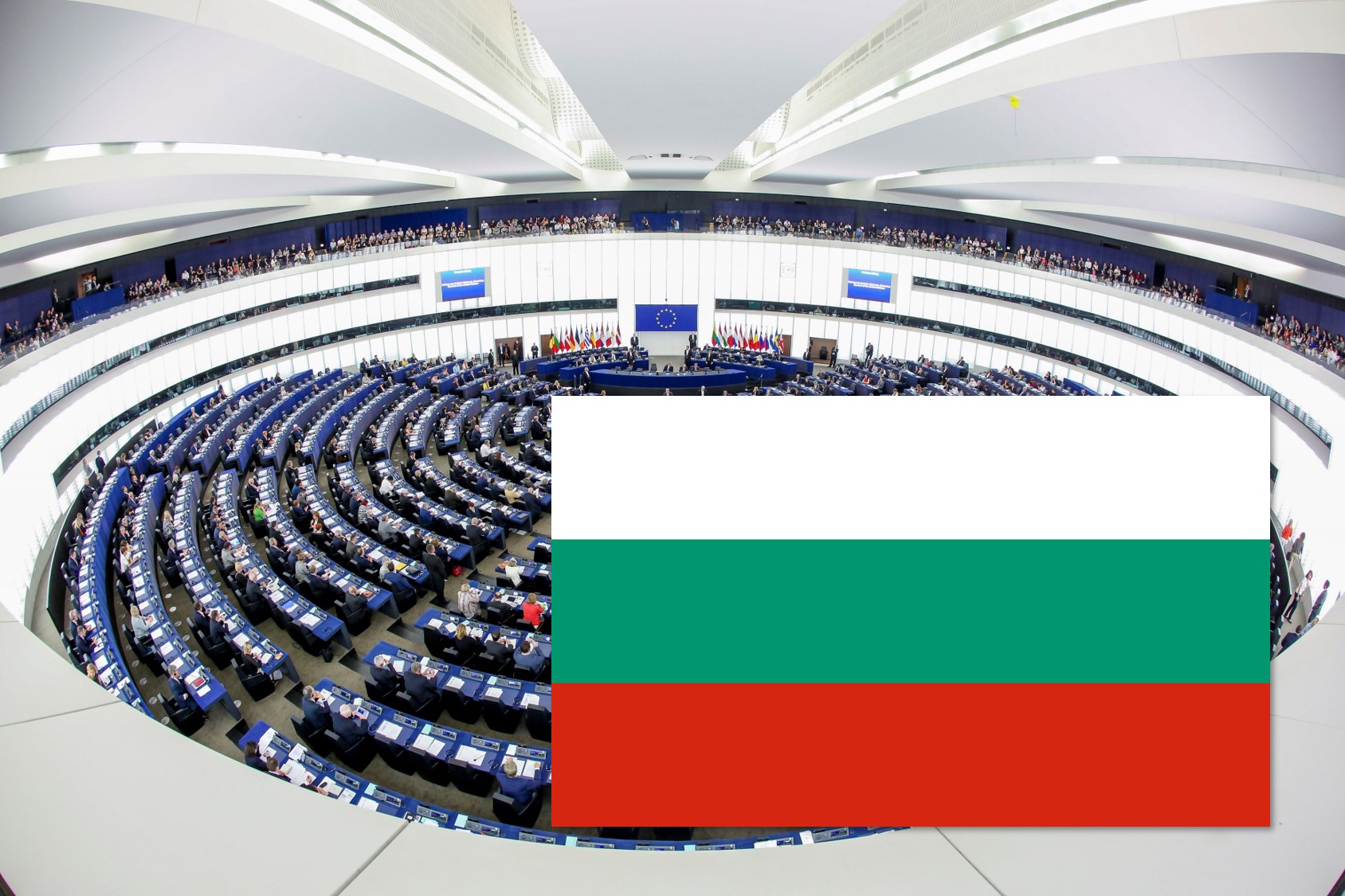International
-

“Where You Lead, I Will Follow”: Partisan Cueing on High‐Salience Issues in a Turbulent Multiparty System
Per citare l’articolo: Brader, T., De Sio, L., Paparo, A. and…
-
CISE Public Opinion Trends – from the Luiss SOG Monthly Report 2/2020
Da ormai più di un anno, il CISE collabora attivamente –…
-

Call for Applications: Luiss University PhD Program in Politics
The Department of Political Science at LUISS invites applications for five…
-

Introducing the Fall 2019 CISE Seminar Series
With the new year, the CISE Seminar Series is back. The…
-

Luxembourg: The Permanent Downfall of Luxembourg’s Dominant Party?
The context The 2019 European elections were held only a few…
-

Belgium: Least Salient but Very European Election
Like five years ago, the Belgian elections to the European…
-

Hungary: A Paradoxical Episode under Electoral Authoritarianism
26 May 2019 saw an election paradox in Hungary: a long-serving…
-

Italy: Complete overturn among government partners – the League doubles, the M5S is halved
Italy was among the countries going to the polls on Sunday,…
-

Greece: A Story of Punishment of Government and Party System Stabilization
The European Parliament elections of 2019 in Greece took place…
-

Bulgaria: Neither a Protest, nor a European Vote
Over six million voters were eligible to select 17 members of…